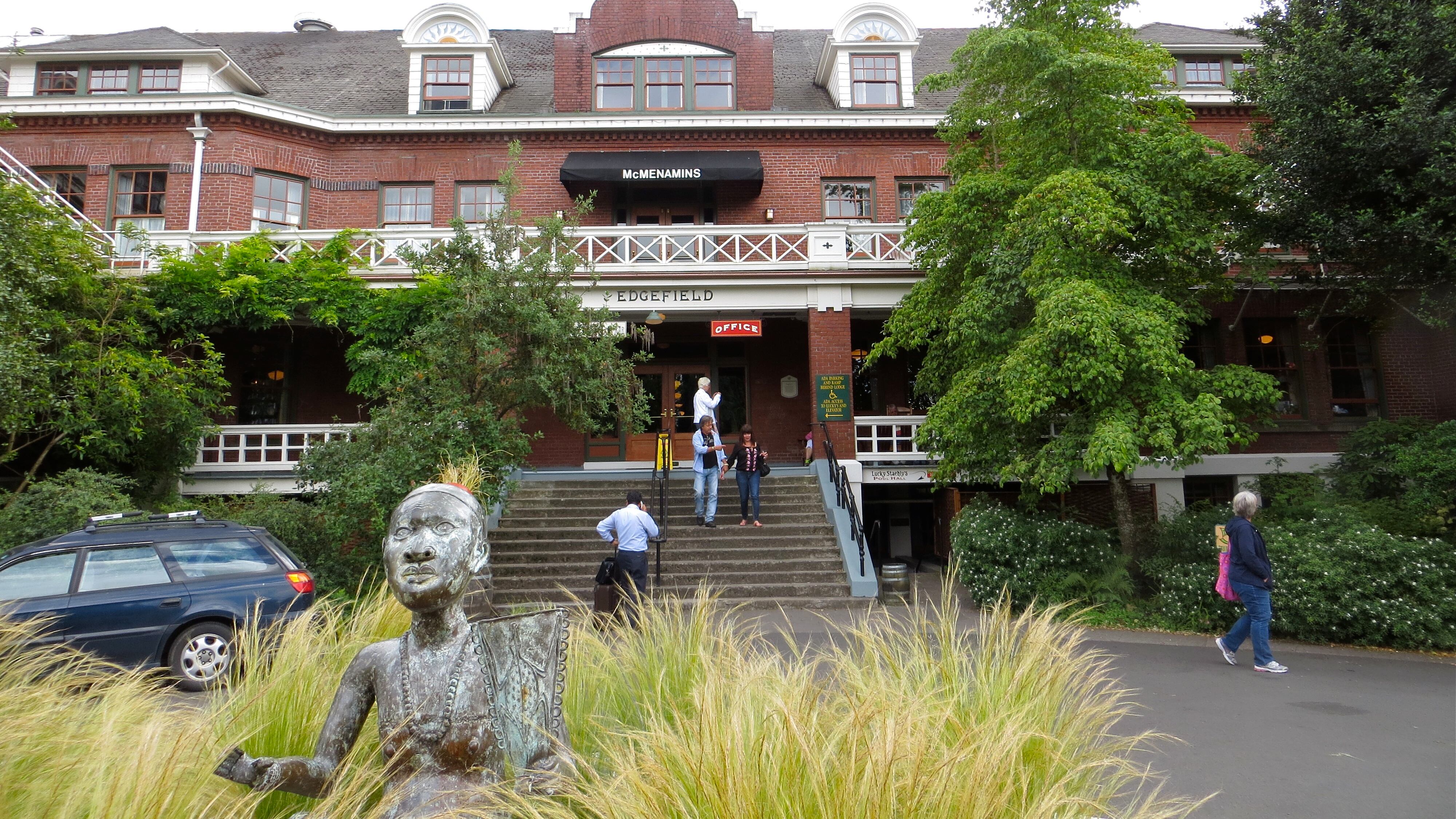Overnight lodging isn’t the only tourist-related industry receiving outbreak-related assistance.
Travel Oregon, the state’s tourism agency, announced last week that its newly launched Emergency Response Grant Program was awarding more than $800,000 to 121 operations to help them bounce back following those COVID-19 related losses.
"Our hope is that these grant dollars help keep businesses and organizations from shuttering permanently. As Oregon gradually positions itself to begin to welcome visitors, it will be these marketing organizations, small lodging properties, guides and outfitters and the like that will be providing and sharing legendary Oregon experiences with them," said Todd Davidson, CEO of Travel Oregon. "Public health has to remain a priority for our state as we help Oregon communities that rely on tourism to stabilize during this time of transition. Long term, it is these businesses that will be crucial to the state's economic recovery."
Recipients include a slew of diverse companies: everything from a Lincoln City surf shop to the Portland-based operator of the Pink Trolley sightseeing tour to the historic Geiser Grand Hotel in Baker City. Most of the money—90%—went to businesses in Oregon communities with fewer than 35,000 residents, and more than 70% of the funds are dedicated to covering some portion of payroll.

